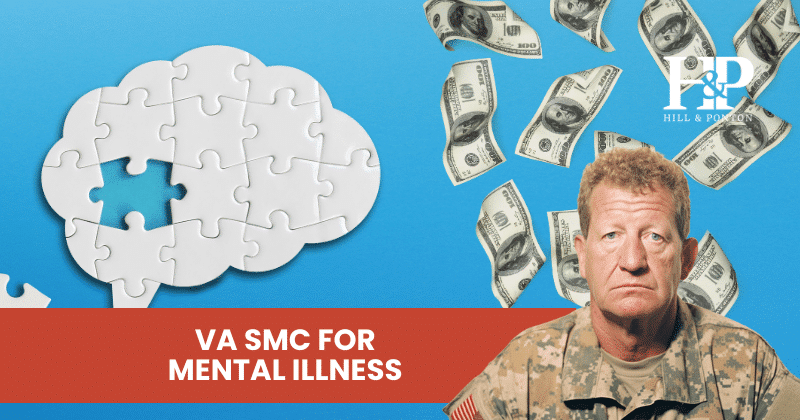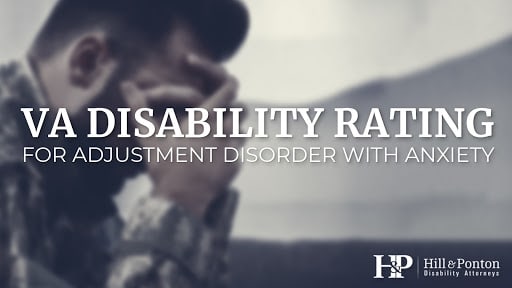“In war, there are no unwounded soldiers.” This quote by Argentinian writer Jose Narosky reflects the profound sacrifices veterans make. While physical injuries are often visible, the psychological toll of military service can remain hidden, manifesting as Post-Traumatic Stress Disorder (PTSD).
For centuries, veterans have faced the effects of trauma with limited understanding or treatment options. Only in 1980 was PTSD formally recognized as a diagnosis, and since then, advancements in treatment have made recovery more attainable. Today, veterans have access to both traditional and innovative therapies that offer hope and healing.
Let’s explore the causes of PTSD, traditional treatments, and promising new approaches that are transforming lives.
What Causes PTSD in Veterans?
PTSD arises when individuals experience severe trauma or life-threatening events. Historically referred to as “shell shock” or “combat stress,” PTSD occurs when the nervous system becomes overwhelmed and stuck in a fight-or-flight response.
Common PTSD symptoms include:
- Intrusive memories: Distressing thoughts, nightmares, or flashbacks.
- Avoidance: Avoiding people, places, or situations that trigger memories.
- Negative thoughts and mood: Persistent guilt, shame, or fear, alongside difficulty experiencing joy.
- Hypervigilance: Heightened alertness, irritability, reckless behavior, and trouble sleeping.
Understanding these symptoms can help veterans identify PTSD and seek appropriate support. Learn more about PTSD symptoms and how the VA rates PTSD for disability benefits.
Traditional PTSD Treatments for Veterans
Traditional therapies have been pivotal in treating PTSD and include the following:
1. Cognitive Behavioral Therapy (CBT)
CBT helps veterans recognize and change negative thought patterns. This therapy often involves:
- Learning coping strategies.
- Practicing new behaviors through guided homework.
2. Prolonged Exposure Therapy
This therapy encourages veterans to face traumatic memories head-on. Sessions typically last 60-90 minutes over 8-15 weeks.
3. Eye Movement Desensitization & Reprocessing (EMDR)
EMDR uses mechanical actions, such as light flashes or hand motions, to “reprocess” traumatic memories. Weekly sessions over three months have shown significant symptom relief.
4. Stress Inoculation Training (SIT)
A form of CBT, SIT equips veterans with relaxation techniques like meditation and controlled breathing to manage PTSD-related stress. While these methods are effective for many, traditional treatments can have limitations, such as high dropout rates or slow progress.
Innovative PTSD Treatments for Veterans
New approaches are expanding the toolkit for PTSD recovery. Here are some of the most promising options:
1. Virtual Reality Therapy
Virtual reality immerses veterans in controlled simulations that allow them to confront traumatic memories safely. Studies have shown its effectiveness is comparable to in-person exposure therapy, making it a valuable tool for combat-related PTSD.
2. Transcranial Magnetic Stimulation (TMS)
TMS uses magnetic fields to stimulate brain cells, reducing PTSD symptoms without surgery or sedation. Research indicates a 50% symptom improvement rate among veterans undergoing this therapy.
3. Psychedelic-Assisted Therapy
Psychedelics such as MDMA and psilocybin show promise in treating PTSD. For example, MDMA-assisted therapy has achieved a 67% success rate in eliminating PTSD symptoms in clinical trials. Although still under study, these therapies offer hope for those resistant to traditional treatments.
4. Yoga and Mindfulness Meditation
Yoga combines breathing exercises, poses, and meditation, fostering relaxation and resilience. Mindfulness meditation, which emphasizes non-judgmental awareness of the present, has been shown to reduce anxiety and depression in veterans.
5. Neurofeedback
This biofeedback method uses real-time brain activity displays to teach veterans how to regulate their brain function. Neurofeedback has been effective in reducing intrusive thoughts and hyperarousal.
6. Nature-Based Therapy
Activities like gardening or outdoor recreation can alleviate PTSD symptoms by promoting relaxation and connection to others. Studies have shown significant improvements in mood and reductions in anxiety through nature-based therapy.
Learn More About Benefits
From traditional therapies to groundbreaking innovations, veterans today have a range of options for managing PTSD. Recovery is a journey that requires time, patience, and the right support system. Seeking help is a sign of strength, and no veteran should face this battle alone.
Stay up to date on the latest resources, benefits, and tips for navigating VA disability claims. Sign up for the VETS Advantage Newsletter today.




